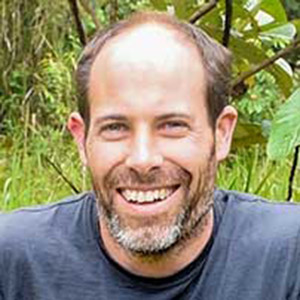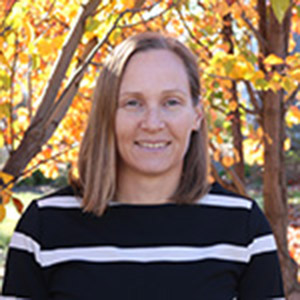Connect and collaborate
We are looking for researchers, students, funding and partners to help take our research to the next level.
Transboundary animal diseases, which travel quickly across borders, and zoonotic diseases, which transfer from animals to humans, are increasing in frequency due to a range of factors, including population growth, urbanisation, land-use change, encroachment into wild habitats and increasing global air travel.
To support livelihoods and to protect humans, animals and the environment from these diseases, a skilled national animal health workforce in our region is needed. This is especially true in the Pacific, where educational and training resources are needed to provide animal health workers with the tools they need to fight animal diseases.
Project name:
Strengthening Veterinary Workforce in Asia-Pacific for Infectious Disease Detection and Response (2020–2023)
Funding Department of Foreign Affairs (DFAT) $999,998
Lead organisation University of Sydney
Gulbali researchers have developed online training resources and undertaken capacity building in training delivery for partners across five Pacific countries - Timor Leste, PNG, Solomon Islands, Vanuatu and Fiji. The researchers have worked with regional partner organisations to integrate the online modules into existing programs (e.g. animal health officer training through NAQIA, PNG) and utilising existing resources (including Pacific university partnerships) to ensure sustainable and effective deployment of the online resources developed through this program.
This project has built capacity to detect, respond, control and prevent animal disease outbreaks that could affect human health, animal health and farmer livelihoods in the animal health workforce in Timor Leste, PNG, Solomon Islands, Fiji and Vanuatu.
The focus has been innovation in delivery and design of new training modules to achieve measurable effectiveness in training Pacific paraveterinary officers and animal health workers to meet international benchmark standards of the WOAH and FAO, thereby strengthening the region's and Australia’s biosecurity, health and economy.


We are looking for researchers, students, funding and partners to help take our research to the next level.